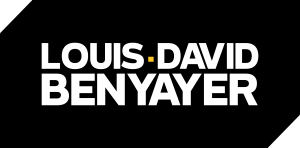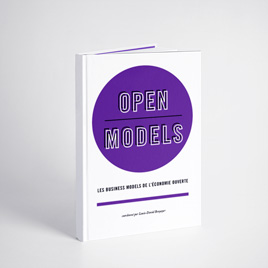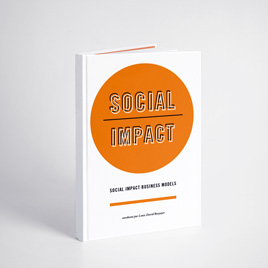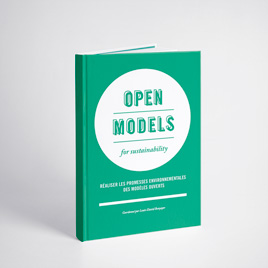SHOPCheck Our Product
Description
Software, education, industrial design, data, sciences, art and culture, open models are everywhere. The actors who make use of these open approaches often question the positions defined by traditional actors. Communities frequently organize themselves to collectively solve issues that centralized organizations come up against. Tabby, the car available as an open source kit, Protei, the marine open source drone and OpenStreetMap are just a few examples.
What do these open models teach us? Under which conditions can they develop their impact? What kind of dialogue and interactions are possible with traditional actors? Researchers, entrepreneurs, managers in major companies, designers, experts, writers and philosophers respond to these questions in Open Models, business models of the open economy.




